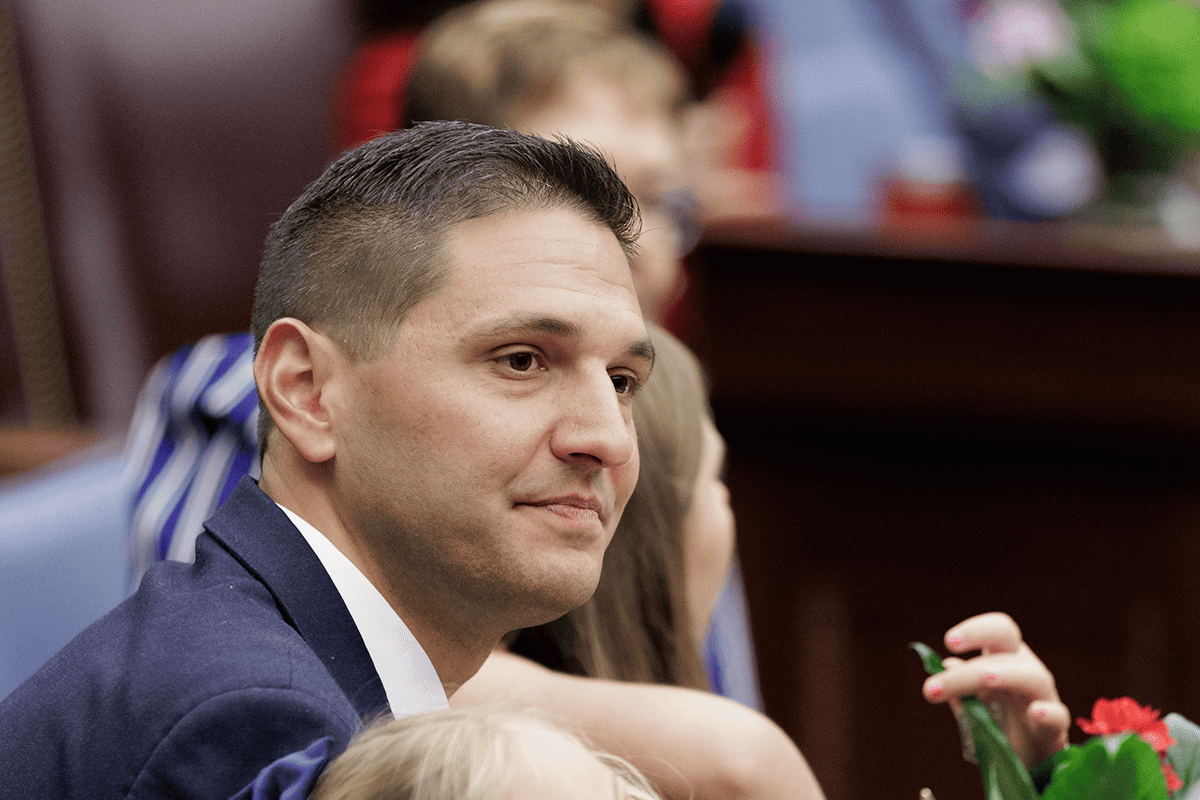Bipartisan Florida bill aims to attract business and offer protections in personal injury cases

TALLAHASSEE, Fla. – A Florida Senate bill quietly making its way through the legislature has flown under the radar, but if fully passed, could have significant implications for companies wanting to do business in Florida.
SB 738 clarifies the legislative intent and 35 years of legal language that supporters say was being broadly used in cases of personal injuries.
Sen. Danny Burgess, R-Zephyrhills, is sponsoring the bill that passed with bipartisan support and is now under consideration in the House.
Burgess said the change was needed because businesses looking to build on so-called “brownfield sites” would shy away from the Florida over fears that cleaning up the contamination could leave them liable for injuries developed decades later.
“Remediating those properties is a good thing,” Burgess said. “But if nobody’s going to pursue that and redevelop a property, according to the law, even though they followed the law, they could still be litigated against even though they did everything the law asked them to do.”
Environmental groups opposed to the legislation have said the proposal protects the polluters, but Adam Basford of Associated Industries of Florida said the protections for victims remain in place, as they would still be able to seek damages if a company is willfully negligent and steps outside of the recommended clean up process, directed by an environmental agency such as the Florida Department of Environmental Protection.
“If they do operate outside that permit and don’t clean it up sufficiently that they don’t meet all those requirements, then that’s negligence, then someone can sue for bodily injury because they did not do what they said they would do.” Basford said. “There are plenty of paths for people to sue for bodily injury. When someone is a bad actor, he’s not not taking everything into consideration.”
“There’s been a lot of input from my colleagues on both sides of the aisle.” Burgess said. “We’ve been able to help work and make us, I believe, better. And I’m really proud of that because that’s what this process is all about. But we are being incredibly surgical because we’re only strictly dealing with the strict liability piece.”
Burgess said the bill was needed because there were too many cases where people would claim injury by a business even when the owner had made every effort to comply legally.
Burgess said one example is a case that went to the Supreme Court where a trucking company hauling chemicals legally had an accident, and the spillage caused injuries.
“The fact that a trucker, who did everything right and nothing wrong, had chemicals that the truck was holding spilled at no fault of their own, now they’re liable for these personal injury damages,” he said. “You can see very quickly how this can get out of hand when it was really somebody else who caused this to happen.”
Basford added businesses working with the government should have protections under the law, especially when they are making every effort to comply.
“When somebody gives you a list of things that you have to do to clean up a piece of property,” he said. “And the government says you’ve done everything that you’re supposed to do to clean up the property, then you’ve checked that box, you’ve done everything you can and you can’t prepare for things that you don’t know about.”
Burgess said cleaning up the language will entice more businesses to look at the open areas now available, and that doing so will result in huge economic benefits for the surrounding communities and their families.
“It’s a balance, the perfect balance,” Burgess said.



